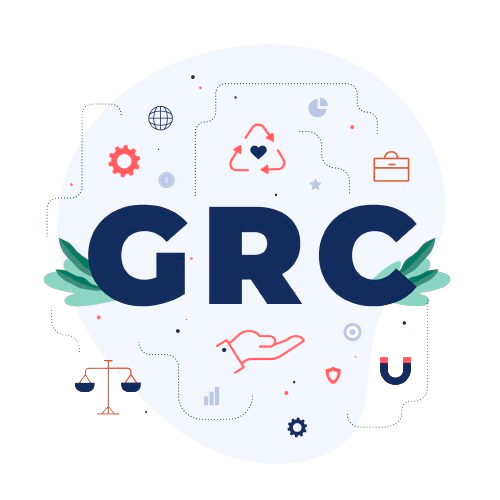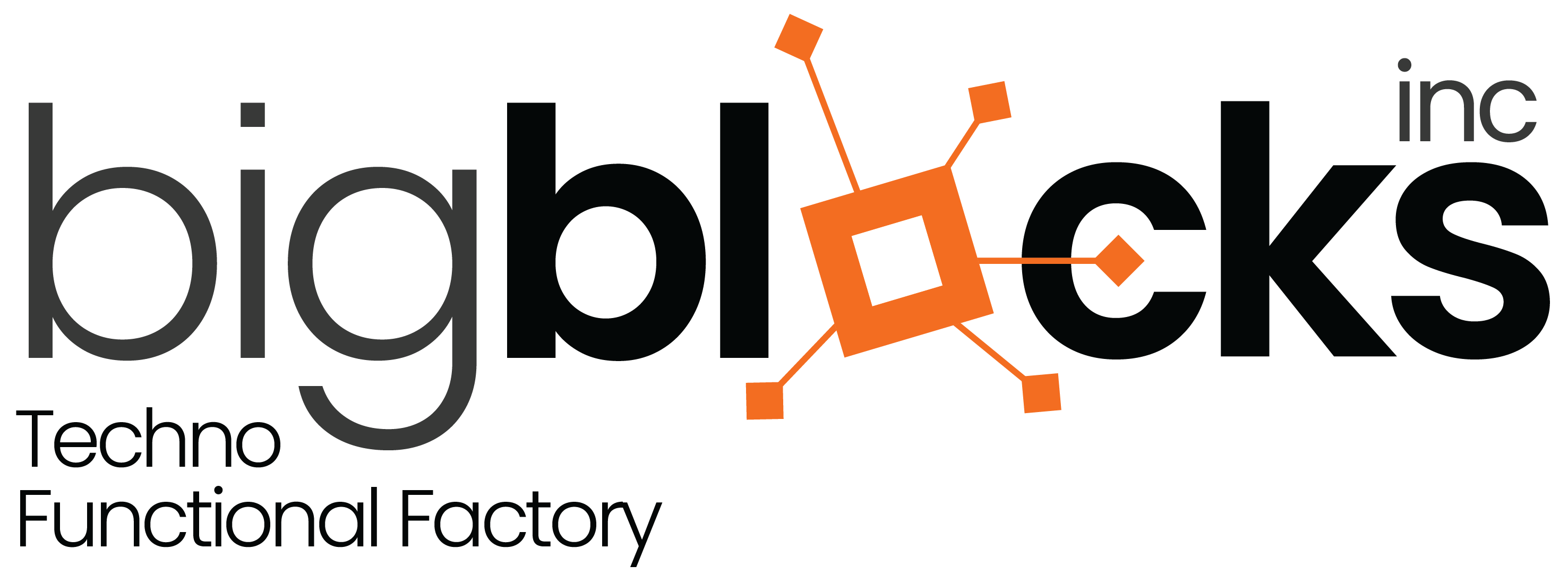Governance, Risk and Compliance ( GRC )
Governance, Risk, and Compliance (GRC) services refer to a set of practices, tools, and technologies designed to help organizations manage their overall governance strategy, identify and mitigate risks, and ensure compliance with relevant regulations and standards. These services are crucial for maintaining transparency, accountability, and adherence to legal and industry-specific requirements.

Governance
- Policy Management: Establish and manage organizational policies, procedures, and guidelines.
- Decision-Making Frameworks: Implement governance structures to ensure effective decision-making at all levels.
- Board and Executive Oversight: Facilitate governance oversight at the board and executive levels.
Risk Management
- Risk Identification: Identify and assess potential risks that could impact the organization's objectives.
- Risk Quantification: Evaluate the potential impact and likelihood of identified risks.
- Risk Mitigation Strategies: Develop and implement strategies to mitigate or manage identified risks.
Compliance Management
- Regulatory Compliance: Monitor and ensure compliance with relevant laws, regulations, and industry standards.
- Policy Compliance: Ensure adherence to internal policies, standards, and codes of conduct.
- Audit Preparation: Prepare for and manage audits to demonstrate compliance.
Internal Controls
- Control Frameworks: Establish internal control frameworks to safeguard assets and ensure data integrity.
- Control Frameworks: Establish internal control frameworks to safeguard assets and ensure data integrity.
- Control Testing: Periodically test and assess the effectiveness of internal controls.
Data Privacy & Security
- Privacy Compliance: Ensure compliance with data protection and privacy regulations.
- Security Controls: Implement measures to safeguard sensitive data and protect against cybersecurity threats.
- Incident Response: Develop and test plans for responding to data breaches or security incidents.
Incident Management
- Reporting and Investigation: Establish procedures for reporting and investigating incidents.
- Root Cause Analysis: Identify the root causes of incidents and implement corrective actions.
- Post-Incident Review: Conduct reviews to improve incident response processes.
Training & Awareness
- Employee Training: Provide training on governance, risk, and compliance policies and procedures.
- Awareness Programs: Raise awareness of the importance of compliance and risk management across the organization.
Documentation & Record Keeping
- Documenting Policies and Procedures: Maintain accurate and up-to-date documentation of governance, risk, and compliance policies.
- Record Retention: Implement practices for the secure retention of records and documentation.
Reporting & Analytics
- Dashboard and Reporting Tools: Utilize tools to generate real-time reports on governance, risk, and compliance metrics.
- Key Performance Indicators (KPIs): Define and track KPIs to measure the effectiveness of GRC efforts.
Integration with Technology
- GRC Platforms: Implement GRC software platforms to streamline and automate governance, risk, and compliance processes.
- Integration with IT Systems: Ensure that GRC systems are integrated with other relevant IT systems and tools.
Effective GRC services are essential for organizations to operate with integrity, manage uncertainties, and meet regulatory obligations. By implementing robust GRC practices, organizations can enhance their decision-making processes, protect their reputation, and achieve sustainable growth in a complex and dynamic business environment.
